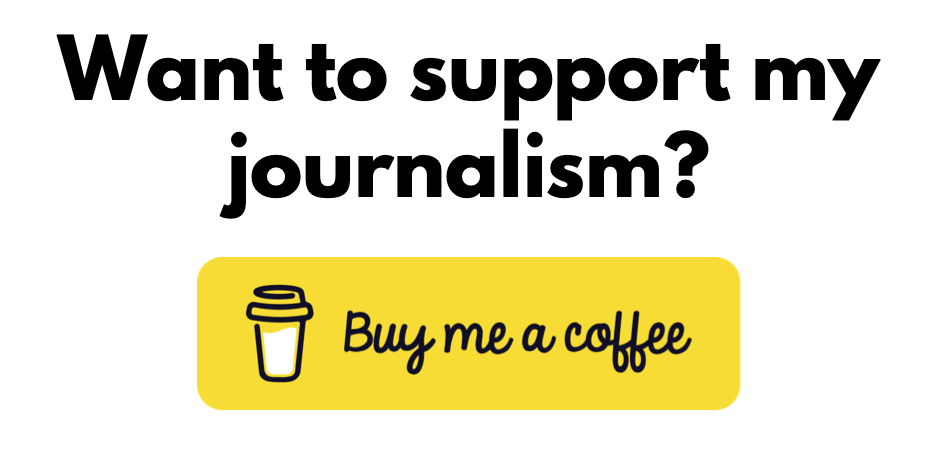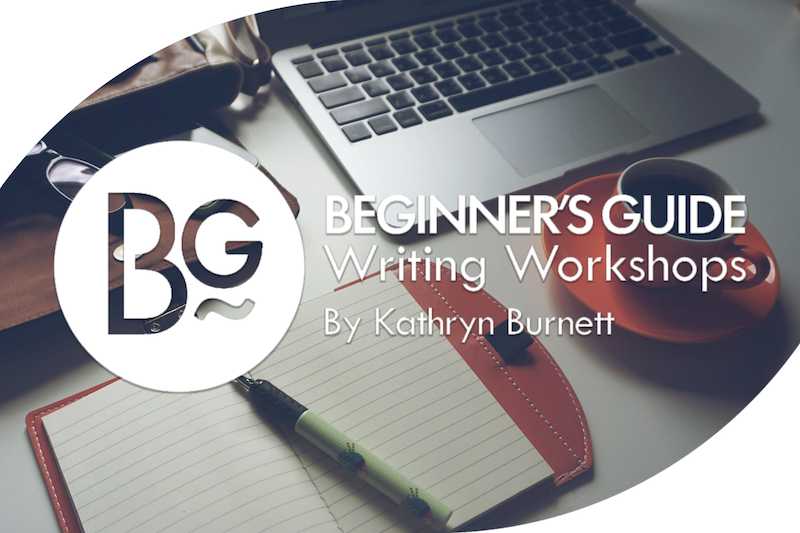Last week a young gay man, Wilson Gavin, lead a protest against drag queens in Brisbane. In response I put up a video online criticising the protest. I wasn’t the only one.
The story was reported in various international news outlets and caused quite a stir online.
Within 24 hours of the protest, Gavin had taken his own life. Immediately, people started to pull their comments and posts from the net afterwards.
I heard about his death a couple of hours after I had put my video online. Concerned friends and people who had seen my video were anxious that I know what had happened.
For the rest of the day I mulled my options. Should I take down my video? Was it disrespectful to someone who had clearly been troubled and who had taken a very drastic and tragic decision to end his life?
After much soul-searching, I decided that no, I wouldn’t take the post down.
Despite the long held cultural belief that we mustn’t speak ill of the dead, and the prohibition on talking about suicide, I think it is actually imperative that we don’t lose sight of the bigger issue here:
Prejudice harms people.
It harms people economically, mentally and physically. Prejudice against LGBTI people means that globally, we have higher suicide rates, mental health issues, and in some places we face death and violence daily.
By protesting vociferously at the library in Brisbane, Gavin and a group of 13-15 other people showed their prejudice against members of our communities. Not only did they bully the drag queens, they terrified the children who had been enjoying the event.
It’s important to note here – Australia has very stringent anti-discrimination legislation. The event was legal and sanctioned not only by the local council, but also by the parents who had assented to their children being there.
Of course people have a right to protest, but this particular one was purely based on prejudice. There was no crime being committed, no one was in danger. As I pointed out in my video, children have been attending pantomime shows for generations – and those events feature adults cross dressing.
The protest was both pathetic and disturbing. Essentially these grown ups were saying “we don’t like you, so we are going to bully you.”
It is everyday actions like that which lead ultimately to violence. And sometimes that violence is turned inward towards ourselves.
It’s called internalised homophobia. It occurs when all the negative views about us seep into our sub-conscious and cause us to think badly about ourselves. It is insidious, and it is dangerous.
It seems that Wilson Gavin was a troubled man. Having never met him, I cannot say whether he was suffering from internalised homophobia and whether or not that contributed to his death. There have been reports that he received death threats after the protest and that, combined with a feeling of remorse, ultimately lead to his self-inflicted death. If that is true, it is appalling – the protest was morally wrong, but it shouldn’t lead to death threats.
But suicide is complex, and can be the result of a number of reasons, some of which can go back many years. We may never know the reason why Gavin chose that option.
What is clear though, is that Gavin had a pretty negative view of homosexuality and LGBTQ people.
Despite claiming in a 2017 radio interview that he would one day like a relationship with a man, he did his level best to undermine the plebiscite on marriage equality in Australia.
In debates and in protests, he trotted out cliches such as “Marriage is between a man and a woman, thats what works best for families and what works best for society.”
He also used the “separate but equal” argument about de facto laws being the same as marriage laws, and complained that changing those marriage laws would lead to the debasement of freedom of speech and religion.
In other words, he adopted the arguments and language used by anti-gay people in every jurisdiction where marriage equality has been debated.
So why would a young gay man rail against marriage equality? Why would he verbally abuse members of his own community and terrify children in a public space?
Perhaps because in his heart he believed that same-sex relationships and queer people are not the equal of straight relationships. Perhaps he also swallowed the religious view that we are the worst of sinners.
And by virtue of being a gay man himself, perhaps he was saying “I am not worthy.”
Who knows?
When it comes to legal recognition of same-sex relationships, I respect the fact that not everyone wants to get married and that some are philosophically opposed to marriage as an institution.
But, if you are only against ‘same-sex’ marriage then you are prejudiced against queer people, and you believe that our lives and our relationships have less value.
Don’t believe me?
Then just substitute ‘same-sex’ with ‘mixed-race’ or ‘different religion’ and you’ll see immediately my point.
If you believe in equality and human rights and diversity, then you would have no problem with marriage equality. You’d have no problem with drag queens reading to children. You’d have no problem with people who are transgender.
And – you’d have no problems with equal pay for women, or mixing with people with a different skin colour.
I empathise with the mental torment that lead Wilson Gavin to his tragic death.
But I cannot excuse the fact that his actions resulted in the bullying of people in our community. I also cannot excuse the group of people who supported and enabled him at the protest. I hope they are evaluating their actions and coming to this inescapable conclusion.
Prejudice against other human beings results in misery and sometimes death. Homophobia has been killing queer people for centuries, and I suspect it did again this week in Brisbane.
WHERE TO GET HELP IN NEW ZEALAND
If you are worried about your or someone else’s mental health, the best place to get help is your GP or local mental health provider. However, if you or someone else is in danger or endangering others, call police immediately on 111.
OR IF YOU NEED TO TALK TO SOMEONE ELSE:
• 0800 543 354 (0800 LIFELINE) or free text 4357 (HELP) (available 24/7)
• https://www.lifeline.org.nz/services/suicide-crisis-helpline
• YOUTHLINE: 0800 376 633
• NEED TO TALK? Free call or text 1737 (available 24/7)
• KIDSLINE: 0800 543 754 (available 24/7)
• WHATSUP: 0800 942 8787 (1pm to 11pm)
• DEPRESSION HELPLINE: 0800 111 757 or TEXT 4202




